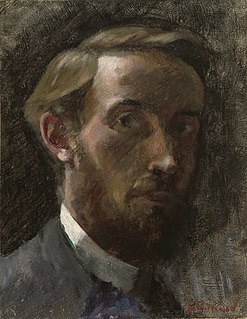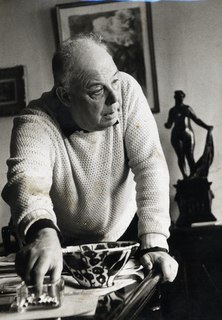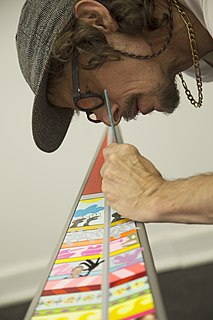A Quote by Edmund Burke
Poetry is the art of substantiating shadows, and of lending existence to nothing.
Related Quotes
What the art historians had forgotten is that in Chinese, Japanese, Persian, and Indian art, they never painted shadows. Why did they paint shadows in European art? Shadows are because of optics. Optics need shadows and strong light. Strong light makes the deepest shadows. It took me a few years to realize fully that the art historians didn't grasp that. There are a lot of interesting new things, ideas, pictures.
If there is existence, there must be non-existence. And if there was a time when nothing existed, there must have been a time before that - when even nothing did not exist. Suddenly, when nothing came into existence, could one really say whether it belonged to the category of existence or non-existence?
To the question, ‘Is the cinema an art?’ my answer is, ‘what does it matter?’... You can make films or you can cultivate a garden. Both have as much claim to being called an art as a poem by Verlaine or a painting by Delacroix… Art is ‘making.’ The art of poetry is the art of making poetry. The art of love is the art of making love... My father never talked to me about art. He could not bear the word.
Poetry is concerned with using with abusing, with losing
with wanting, with denying with avoiding with adoring
with replacing the noun. It is doing that always
doing that, doing that and doing nothing but that.
Poetry is doing nothing but using losing refusing and
pleasing and betraying and caressing nouns. That is
what poetry does, that is what poetry has to do no
matter what kind of poetry it is. And there are a
great many kinds of poetry.










































